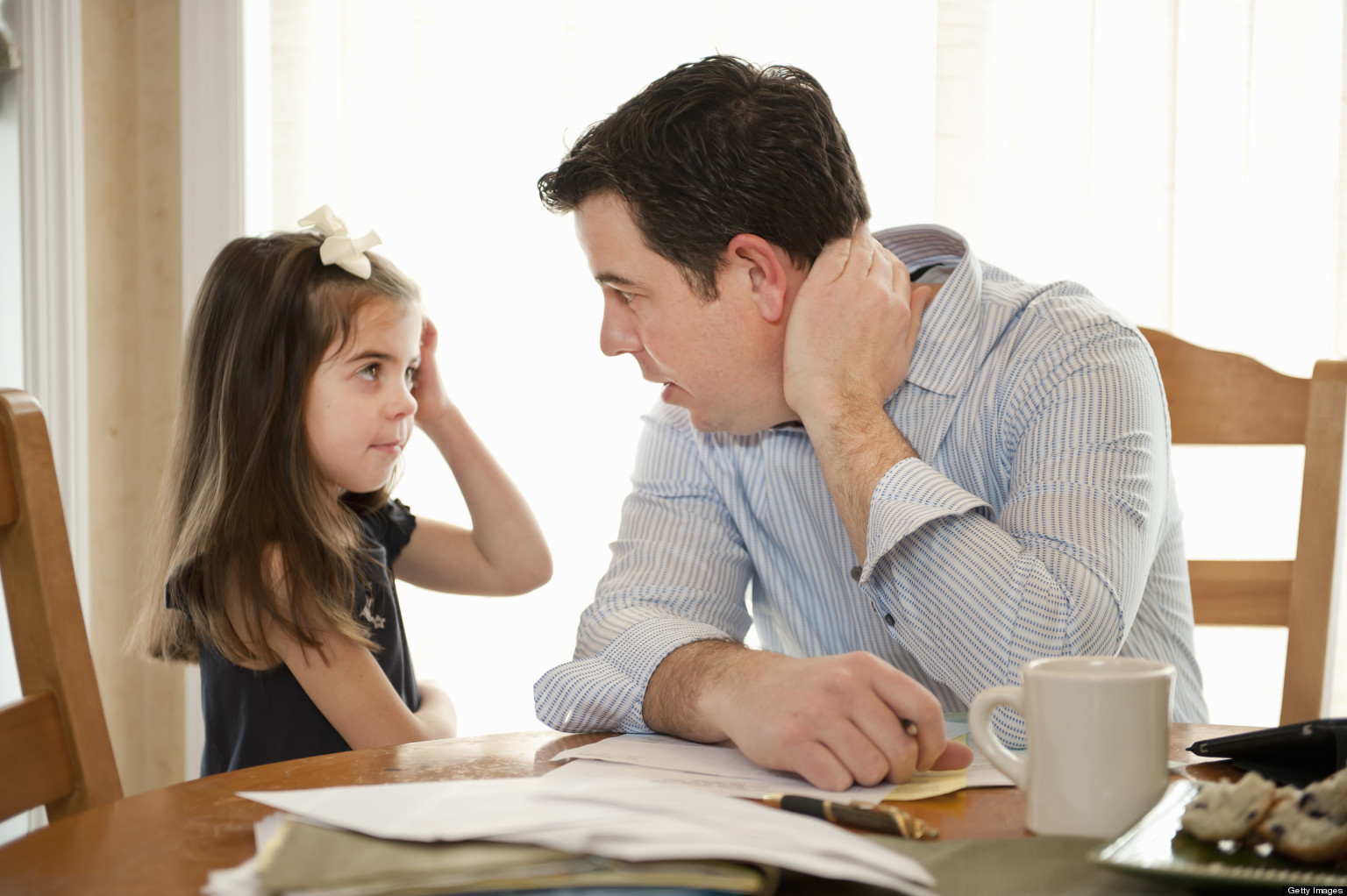Of Condoms and Sex
sex-education
Sex-Education – The DOH has started to strengthen its campaign on implementing the Reproductive Health Law, and I heard on the radio that they plan to distribute or make available condoms to students as part of the strategy to prevent unwanted pregnancies and contracting sexually transmitted diseases.
sex-education
But one congressman reacted to the plan insisting that such a move require more serious thinking and study. And rather than distribution, emphasize education, he said.
sex-education
I could not agree more. I understand that the DOH do both. But to me, the best place to start and intensify this education is in the home. It is very important for parents and adults to talk about sex in the home when it comes and answer sensibly children’s questions and respond appropriately to their sexual behaviors.
sex-education

Let us face it. Times have changed. We have become a sexually saturated society. It is in our commercials, in our movies, primetime shows, in our music, the internet, and magazines. And sooner or later, your child is going to learn about sex and you would want that he learns it from you rather than someone else.
sex-education
Because what all these advertising are promoting is mostly misinformation. They create unrealistic fantasies about what sex should be and people, especially adolescents, end up disillusioned when reality leaves them empty and cold, realizing that it does not fill their longing for personal happiness.
sex-education
Our sexualized culture does not allow us the option of not talking about sex and sexuality with our children, otherwise, they will believe the lies that they see and hear around them. Let us take heart that we still hold so much influence in the lives of our children. If you ask adolescents who influence them the most, rock stars and pop artists do not top the list but parents do.
sex-education
Today, the options are clear. You can either choose to initiate and direct the conversation, or you can let culture’s preconceived ideas dictate your child’s belief about sex.
sex-education
Sexuality is one area of life where correct information, delivered in the correct context, with the correct emotional atmosphere, is crucial to healthy growth. And when it comes to your child, it shouldn’t be a onetime conversation. It needs to continue throughout the child’s life.
sex-education
Sex is best taught in the context of the family’s morals and religious values. It is essential that the emotional and moral tone of the sex education be compatible with those beliefs. Sexual facts are not as important as the tone used to deliver the message.

So, the most important question is, Are you ready? You begin with examining your very own attitude towards sex and your very own sex life. Articles in the internet and magazines provide advice on how to spice up your sex life, or how to drive your spouse crazy but do these tips really equate to great sex?
sex-education
Research shows that people who have the best and most frequent sex are those who are married, monogamous, and religious. Isn’t this opposite to what media tries to make us believe and embrace?
sex-education
As a parent, your behaviour and attitude about sex, spoken or unspoken, will be imprinted in your child’s life. If you are afraid and uncomfortable to talk about the topic, that is also the message your children will get. If you are unprepared and know nothing about it, you will fumble in times where they need answers. Mixed messages are dangerous.
sex-education
Therefore, sex education in the home begins with the parent examining his or her values and attitudes toward sex. If deep seated issues are present, parents need to strive to make sense of them and experience personal healing. The rest will naturally flow out from there, as parent and child build a strong emotional bond where sexual issues can be explored healthily.
For consultations, contact 09122506898.
